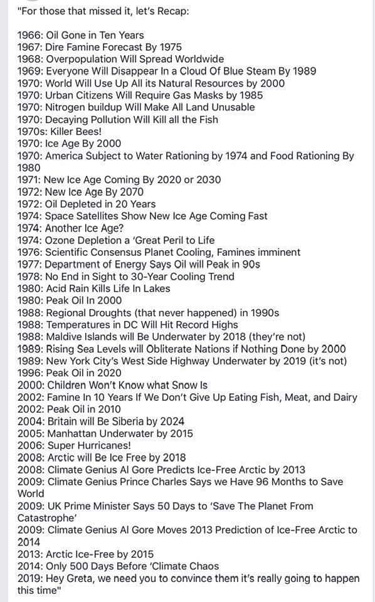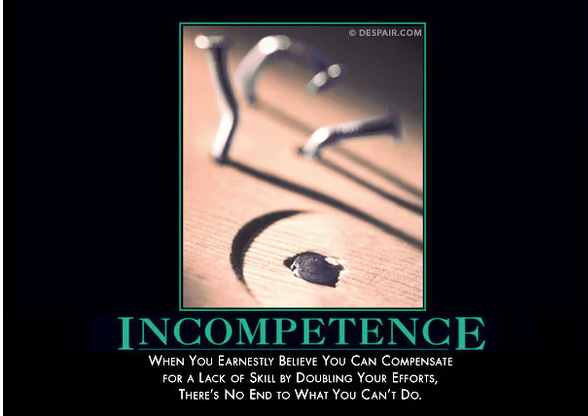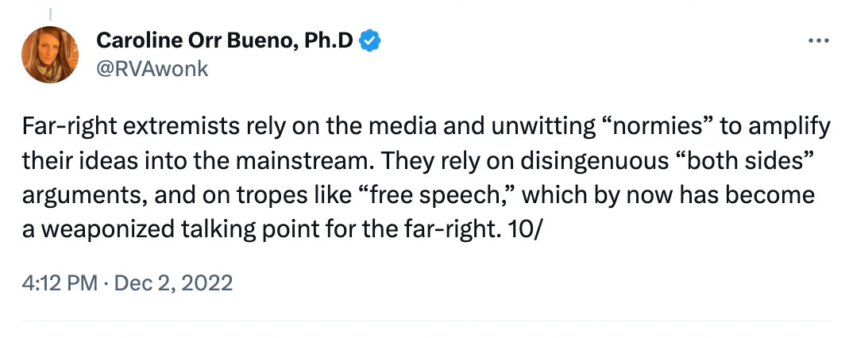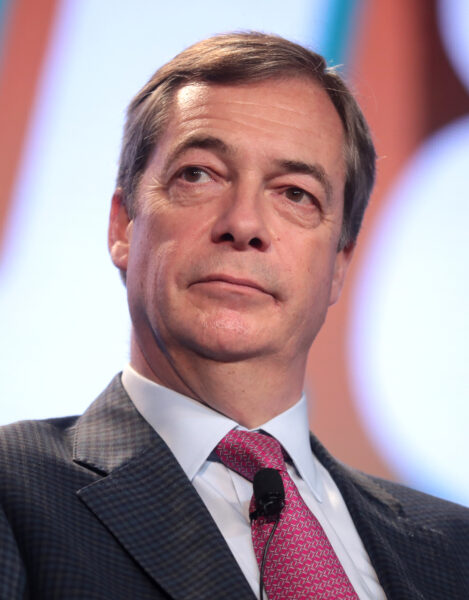Ted Gioia isn’t a fan of all the recent rebrandings of social media platforms, and tries to explain “why web platforms keep changing their names like criminals in the Witness Protection Program”:

“Automotive Social Media Marketing” by socialautomotive is licensed under CC BY 2.0
When I first heard that Twitter was renaming itself as X, I thought it was a joke.
Not a funny joke, just a goofy one. Elon Musk has a taste for schoolboy humor — and on many occasions has posted something undignified for a laugh. I assumed X was another example of this.
Who could take that name seriously?
Just consider the significations of X:
- The crossbones you put in front of a skull on a bottle of poison;
- A mistake on a test, marked by the teacher in red;
- How you sign your name if you can’t read or write;
- Something you haven’t figured out in algebra;
- A movie that’s dirty, raunchy, or offensive in some manner;
- A mark on a map where stolen wealth has been buried by pirates or criminals;
- The street name for an illegal drug (MDMA) with various adverse long-term effects — including depression, anxiety, and impairments of cognition, memory, and learning;
- A symbol of betrayal (i.e., a double cross);
- In marketing language, an inferior product, as in “Brand X”;
- A radioactive ray so dangerous that it killed the people who invented and developed it.
Given these associations, nobody in their right mind would replace a familiar, proven brand name with X. Mr. Musk must be joking again. Or so I thought.
But I thought wrong.
If this were an isolated event, I would dismiss it as just one more quirk on the part of an eccentric CEO. But these horrible rebrands are now standard practice in Silicon Valley, especially among dominant Internet platforms.
Why did Google change its corporate name to Alphabet? Why did Facebook change its corporate name to Meta? These were two of the best known brand names in the history of capitalism. Why get rid of them?
And consider this bizarre coincidence. The very same month that Twitter became X, Instagram launched its own text posting option. But it refused to use the familiar Instagram name, instead calling this new feature Threads.
Threads is another word that has all sorts of negative connotations. It refers to something old and torn. It’s associated with poverty and an embarrassing appearance.
What gives?
Do you remember the carefree early days of the web? Brand names were innocent and playful — they sounded like something from a nursery rhyme: Yahoo, Google, Tumblr. Twitter was one of those cutesy names.
Its symbol was a chirping bird. So sweet. So innocent.
But nowadays, web platforms take on names straight out of an H.P. Lovecraft horror story — Threads, X, Ghost, Twitch, Discord, etc.
Today’s writing prompt: Use all of those words in the opening lines of a story. Then send it off to an editor at Weird Tales.




















